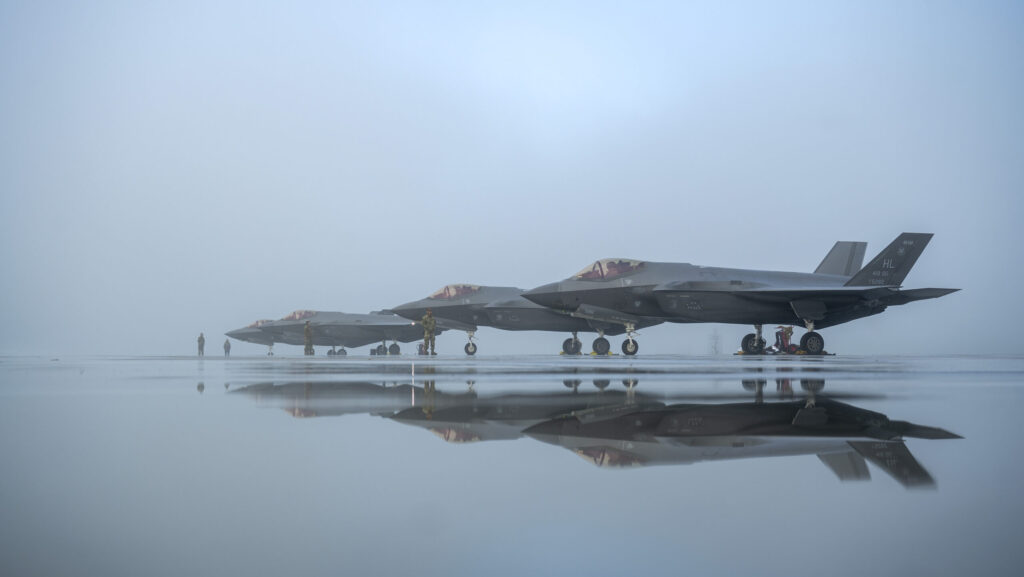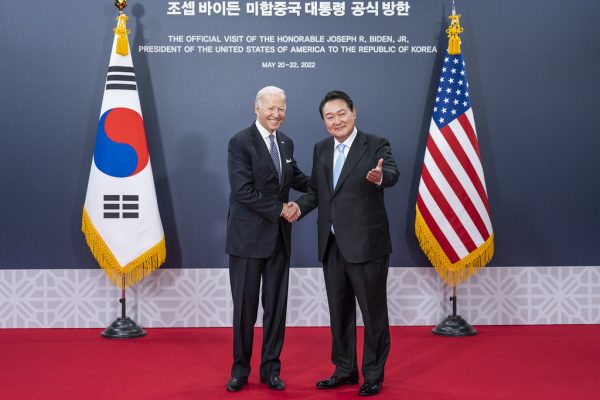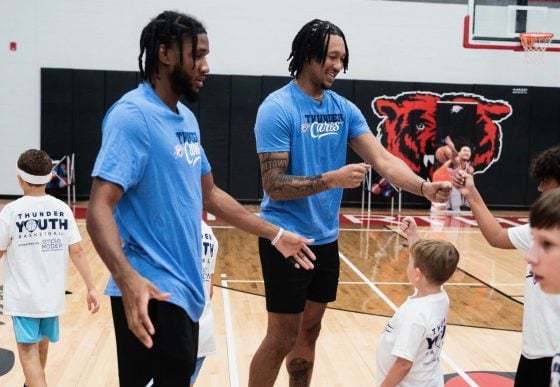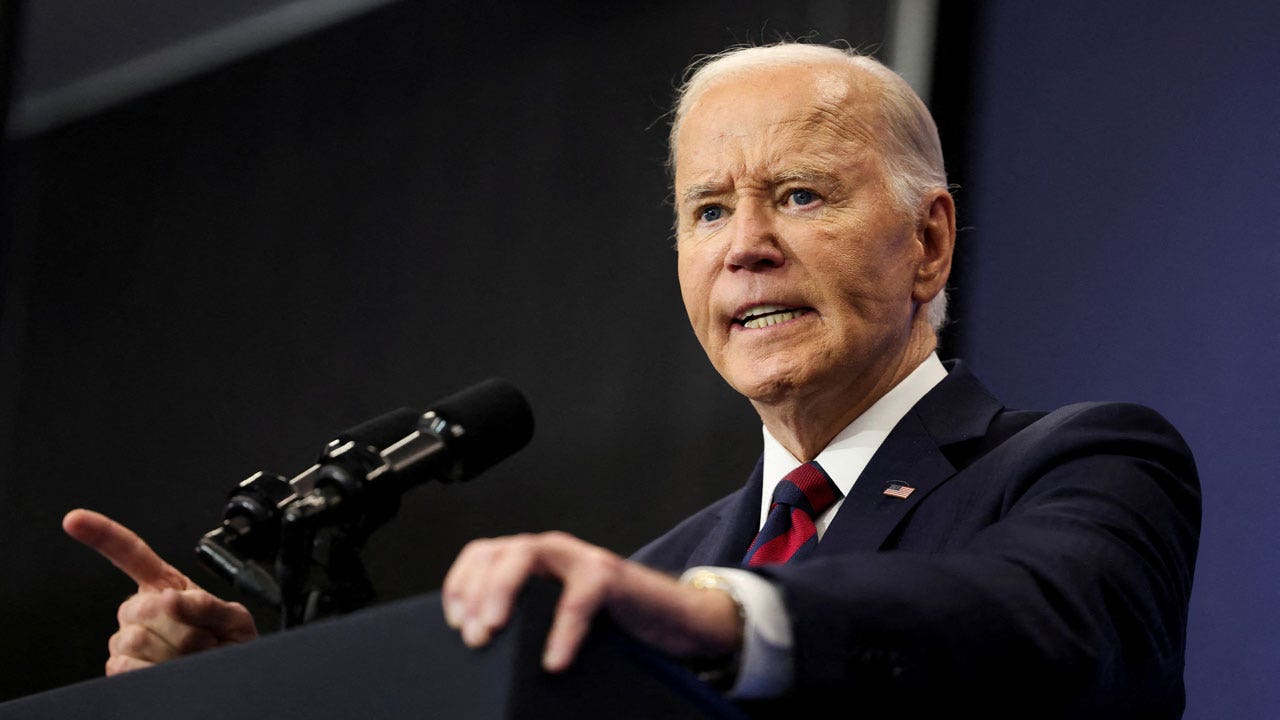In the Homeland Security Dialogue (HSD) with the US, India is expected to raise the use of digital space and how it is being exploited by terrorist groups for propagating radical views, recruitment and funding terrorism
A government delegation from the United States will be in India for the Homeland Security Dialogue with the Union Home Ministry officials on February 28.
The talks hold significance as it comes after a gap of two years and is the first official meeting of a US government delegation with the Central government this year.
The dialogue also is being observed closely as it comes months after an accusation by US federal prosecutors accused an Indian citizen and an unnamed Indian official of being involved in a foiled plot to assassinate Khalistani terrorist Gurpatwant Singh Pannun on American soil.
Top officials of both nations will attend the Homeland Security Dialogue (HSD). Union Home Secretary Ajay Bhalla will head the Indian delegations, while the US government delegation will be led by Acting Deputy Secretary of Homeland Security Kristie Canegallo.
Agenda of India-US Homeland Security Dialogue
A report by Indian Express quoted sources saying for the Homeland Security Dialogue (HSD) with the US, India has listed out a range of issues for discussion. They include:
– criminals using asylum status
– pro-Khalistani elements to carry out terrorist activities in India
– assistance to arrest the attacker of the Indian Consulate in San Francisco
– extradition status of Pakistani-origin Canadian businessman Tahawwur Rana
– terror fugitives and terror financial investigations.
A report by the Economic Times quoted people familiar with the details of HSD saying India is expected to hand over a list of more than 100 fugitives wanted by law enforcement agencies who have taken shelter in the US.
The two sides are also expected to discuss cooperation in counterterrorism, cyber security, illegal mobility, aviation security, global supply chain and maritime security among others.
Digital Space Exploited By Terrorists
During the HSD, India is also expected to raise the use of digital space and how it is being exploited by terrorist groups for propagating radical views, recruitment and funding terrorism.
The drug seizures by the Narcotics Control Bureau (NCB) will be shared by the Indian side seeking the US Drug Enforcement Administration’s (DEA) cooperation. Recently, NCB seized drugs worth Rs 75 crore following inputs from the US DEA.
Cyberattacks On India’s Critical Infrastructure
India will also be highlighting cyberattacks on its critical infrastructure such as banks, railways, power and energy, as well as hospitals.
Critical infrastructure, in the past, has been targeted by non-state actors from China, Cambodia, the Philippines and Myanmar.
Cryptocurrency
With the US delegation, who will be visiting for HSD, India will also discuss the use of cryptocurrency by entities to fund illegal activities using the dark web, new and emerging forms of terrorism and violent extremism and the use of unmanned aerial systems to commit terrorist acts.
From India, heads of the Narcotics Bureau, National Investigation Agency (NIA), Central Bureau of Investigation (CBI), and Internal Security will be attending HSD.
What US Will Discuss With India During HSD?
The Indian Express report quoted an official saying the US will discuss anti-Khalistani elements, immigration, counter-narcotics, border and group supply chain security, law enforcement investigative cooperation, local and state law enforcement engagements, child sexual exploitation, human trafficking, trade and economic security, cyber security, and proposal for an electronic travel document.
The homeland security dialogue was last held in January 2022.
India-US Homeland Security Dialogue
The India-US HSD was last held in January 2022.
The HSD between the two countries was introduced in 2010 as a mechanism to a sequel to the signing of the India-US Counterterrorism Initiative. The first India-US HSD was held in May 2011.
Last year, NIA Director General Dinkar Gupta met his Federal Bureau of Investigation (FBI) counterpart Christopher Wray and held wide-ranging discussions apart from raising investigations in the US into the attack on the Indian consulate in San Francisco by Pro-Khalistan elements.
Gupta also highlighted the active nexus between terrorist outfits and terrorist elements with members of organised criminal syndicates, which was spreading to the US as well.





















Discussion about this post